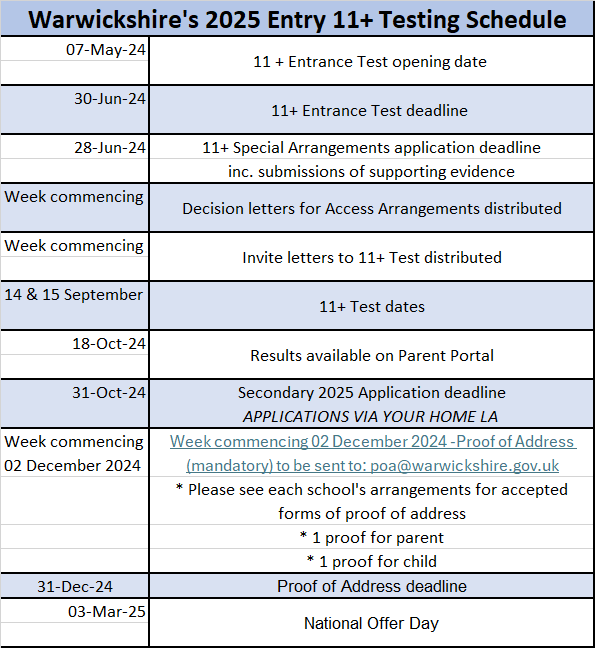
Please download the calendar to import the dates into Outlook/Gmail/iCal

Please download the calendar to import the dates into Outlook/Gmail/iCal

13K likes, 95 comments - aevytvdaily on August 9, 2024: "This INDIAN village is the richest in the WORLD!! . . . . . . #aevytvdaily #aevy".

Instagram (www.instagram.com)
Securing Indefinite Leave to Remain (ILR) in the UK is a crucial step for many immigrants aiming for long-term stability and security. One significant pathway to ILR is through the 7-Year Child Route, a provision designed for children who have lived in the UK for a considerable period. This guide will help you understand the process, requirements, and benefits of obtaining ILR via the 7-Year Child Route.
The 7-Year Child Route allows children who have lived continuously in the UK for at least seven years to apply for ILR based on their established life in the country. The primary consideration is whether it would be unreasonable to expect the child to leave the UK after such an extended period of residence.
To qualify for ILR through the 7-Year Child Route, the following conditions must be met:
The Home Office will assess several factors when determining whether it is unreasonable for the child to leave the UK:
You will need:
The main application form is the FLR(FP) form, used for applications based on family and private life.
The application fee for ILR is currently £2,404 per person. Additionally, there may be a healthcare surcharge applicable.
Attend a biometric appointment to provide fingerprints and photographs.
Processing times can vary, but decisions are typically made within six months. During this period, the Home Office may request additional information or documentation.
Given the complexities involved in proving the unreasonableness of expecting a child to leave the UK, seeking legal advice or assistance from an immigration specialist is often beneficial. They can help ensure that all relevant factors are effectively presented and that the application is as strong as possible.
Once ILR is granted, you and your child can enjoy the benefits of permanent residency in the UK. This includes the freedom to live and work without restriction, access to public funds, and eventually applying for British citizenship.
The 7-Year Child Route to ILR is a vital provision for families who have established a life in the UK. By meeting the eligibility criteria and effectively demonstrating the unreasonableness of leaving the UK, children who have lived in the country for seven years can secure their future in the place they call home. With careful preparation and possibly legal guidance, this pathway can provide a stable and promising future for young residents and their families.
Reference links to guide you through the UK Skilled Worker Visa process:
UK Government - Skilled Worker Visa Overview
UK Government - Skilled Worker Visa Eligibility
UK Government - Skilled Worker Visa Application Process
UK Government - English Language Requirements
UK Government - Visa Fees
UK Government - Certificate of Sponsorship
These links provide comprehensive and up-to-date information directly from the UK government’s official website, ensuring you have access to the most accurate details.

Use this tool to find out if you need to send a tax return for the 2023 to 2024 tax year (6 April 2023 to 5 April 2024).
GOV.UK (www.gov.uk)
How can I determine whether I need to file a tax return?
Just a quick heads-up. There are riots and unrest happening across the UK.
Let’s all stay safe and look out for each other during this time and hold hands to support each other.